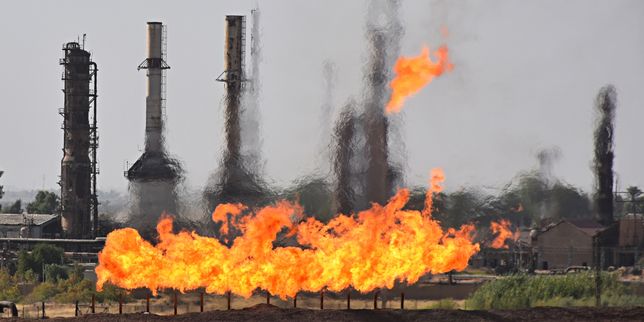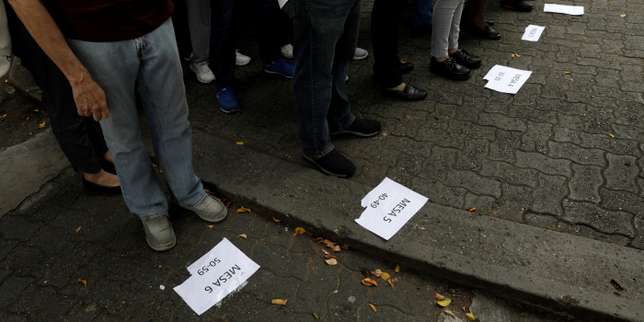Thinking of the Qatar problem. Considering the probable role Al-Jazeera played in the build-up to this crisis. Bribe/purchase of billions of dollars’ worth of death machines from the United States by the Saudis and later by the Qataris. Where should Iran be placed in all that has been happening? Which are the countries sponsoring terrorism? Who are the terrorists? Who are “the good guys?” Who are the freedom fighters? Are we facing a war of perception?
Was the Qatari purchase of the F-35 fighter jets from the U.S. some sort of a bribe? Bribe for what? American permission for Qatar to continue on as a state? Was the Qatari sheikh scared of a palace coup, like he did to his father or his father did to his grandfather? Why is he not leaving the tiny sheikhdom nowadays? Would the Saudis settle down if the Qataris conducted a leadership change?
What about Al-Jazeera? The Saudis hate the channel, a rare source of accurate and pro-rights and liberties news in the Arab world. Would closing down Al-Jazeera stop the genie and force it back into the bottle? Of course many people might ask whether what was let out of the bottle some years ago with the start of the so-called “Arab Spring” was indeed a genie to fulfill good wishes or was it an agent of the “Great Satan?”
As a friend asked, “How significant has Al-Jazeera’s eternal gadfly role been in the breaking of relations with the peninsula?” In this information age, haven’t the people of the Arab region learned the importance of unbiased, objective and trustworthy information? Even in the absence of Al-Jazeera, would they tune in en masse, let’s say, to the Al Arabiya channel, which constantly preaches and promotes Saudi nationalism? Do we indeed face a split in Sunni Islam, or at least among the Salafists and their offspring?
Is all of this fundamentally a “diversion” by the Saudis, who hate Doha’s close relations with Tehran? And finally, of course, why is Egypt involved in all these developments?
Lots of questions, no? Perhaps one set of questions, among a myriad of others, could be included in this batch: Can anyone trust the U.S. under President Donald Trump? What is the role played by Washington directly or through its Saudi and Egypt proxies? Where is Israel in all this?
There is the Muslim Brotherhood, Hamas and a web of political formations across the Muslim region, including Turkey’s Justice and Development Party (AKP). Was it a coincidence that during the Neocon rule in Washington, “justice and development” parties mushroomed in a large region from Egypt to Tunisia, Morocco, Syria, Sudan, Yemen, Jordan and Djibouti? Was it abnormal to expect a surge of Muslim Brotherhood or such Muslim groups in the democracy-illiterate Arab territories if and when oppressive regimes were forced to provide a glimpse of freedom in their countries? That was how the “Arab Spring” turned into an “Arab Fire” that devastated not only the established political setup, but also the lives of millions of people across the region. Was it abnormal for the Muslim Brotherhood to emerge victorious in elections anywhere in that region where the only non-state organized political force apart from the parties of the dictators was the brotherhood or such groups exploiting religious feelings?
The problem is not limited or confined to that anomaly either. Iran was gradually becoming reintegrated into the international community from which it was cut off after the Islamic Revolution and the subsequent crisis with the U.S. But to achieve a total catastrophe in the post-Arab Spring Arab world already devastated by the Iraq War and the Arab Spring, the least that was wanted was perhaps another crisis, the Syria civil war. The cyclone of devastating developments left the Sunni world without a proper deterrent power against the advance of Shiite Iran which, since the Islamic Revolution, was obsessed with exporting the revolution.
As if they had a sufficient number of men in the military for a fight with the Iranians, the obsession of the Saudis as well as the Qataris and others to buy sophisticated war machines was perhaps a way of psychological refuge. The real fight remains to be a sectarian one within Islam. Saudis no longer have the Ottomans or the Egyptians as a “protector” of the Sunnis. Iraq was badly devastated by the liberating U.S. Turkey and Qatar have been supporting the Muslim Brotherhood and such groups considered by the Wahhabis as “worse than infidels.” Thus, the war is one for survival, domination and for the oil wells… No one should forget that the oil area of southern Saudi Arabia, where most oil and gas fields of the Gulf statelets are located, are Shiite-populated areas. If the advance of the Shiite, that is, Iran, has to be stopped but there is no army to fight the Iranians, a proxy war might send the message to both the Iranians and countries like Qatar who refuse to go along with efforts aimed at isolating Tehran…

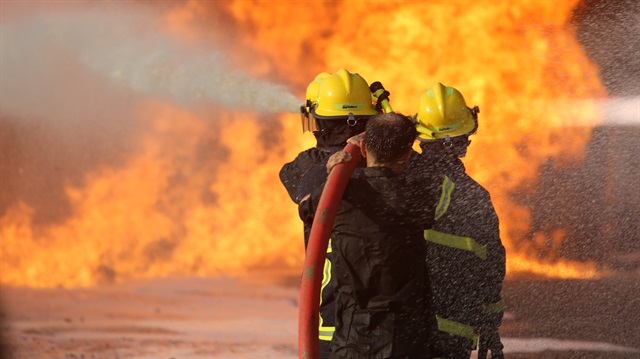 Factory fire in Kocaeli: 7 Workers hospitalized
Factory fire in Kocaeli: 7 Workers hospitalized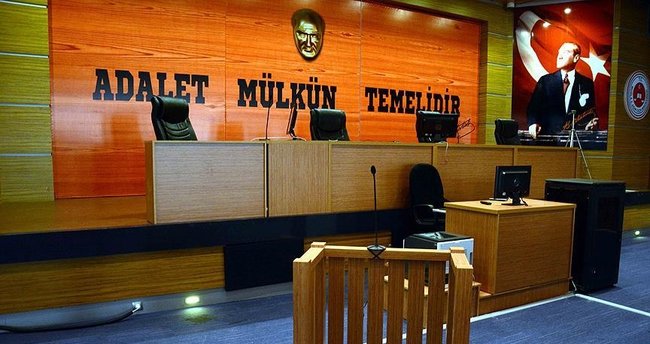 Life to the alleged martial law commander
Life to the alleged martial law commander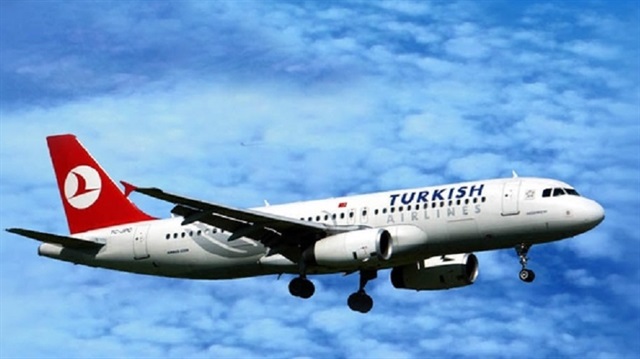 Turkish Airlines Flight training appointed as President ALPA
Turkish Airlines Flight training appointed as President ALPA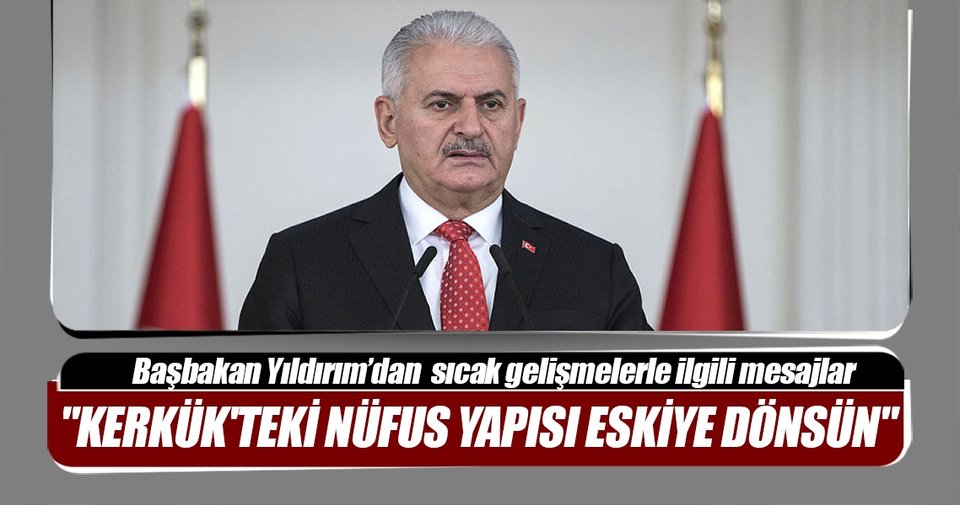 Ethnic structures in Iraq live together
Ethnic structures in Iraq live together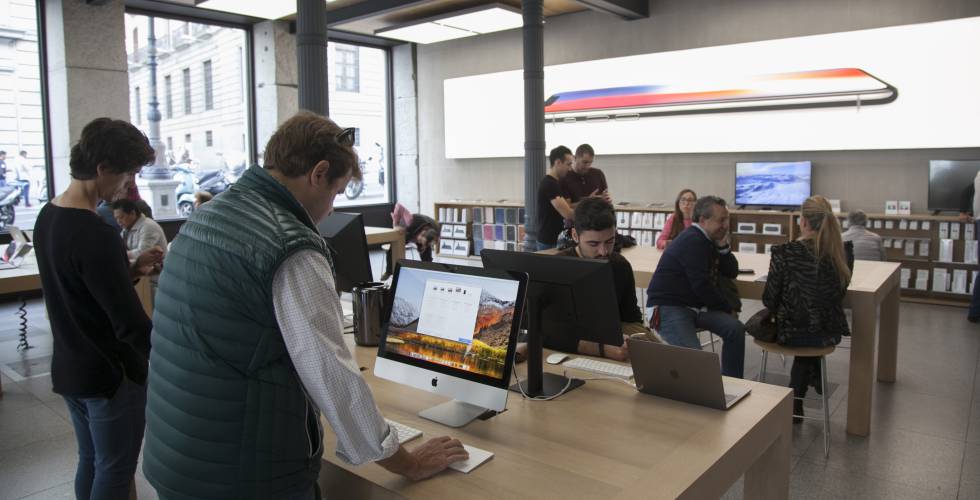 The Internet giants pay more in Spain, but far from their income
The Internet giants pay more in Spain, but far from their income Is it so hard to say Generalitat instead of generality?
Is it so hard to say Generalitat instead of generality?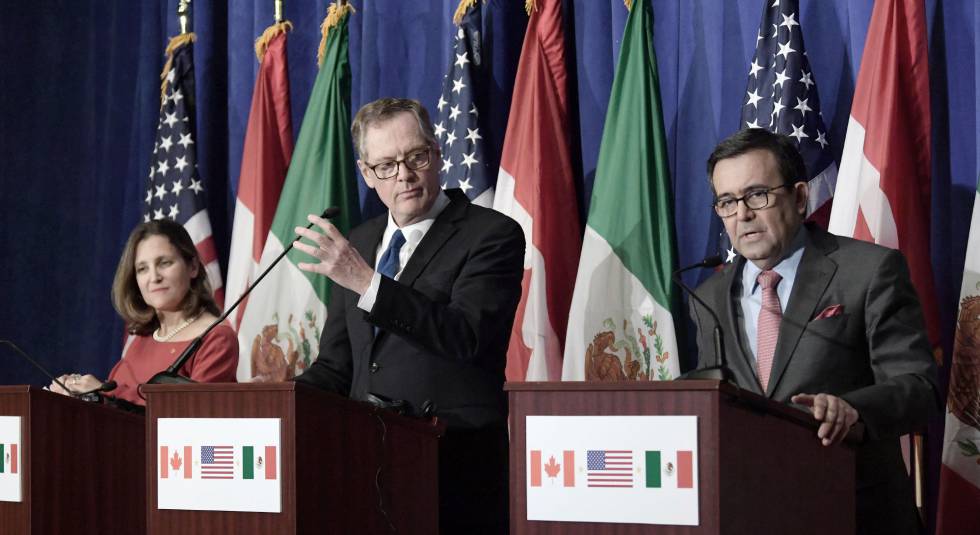 Mexican Obsession
Mexican Obsession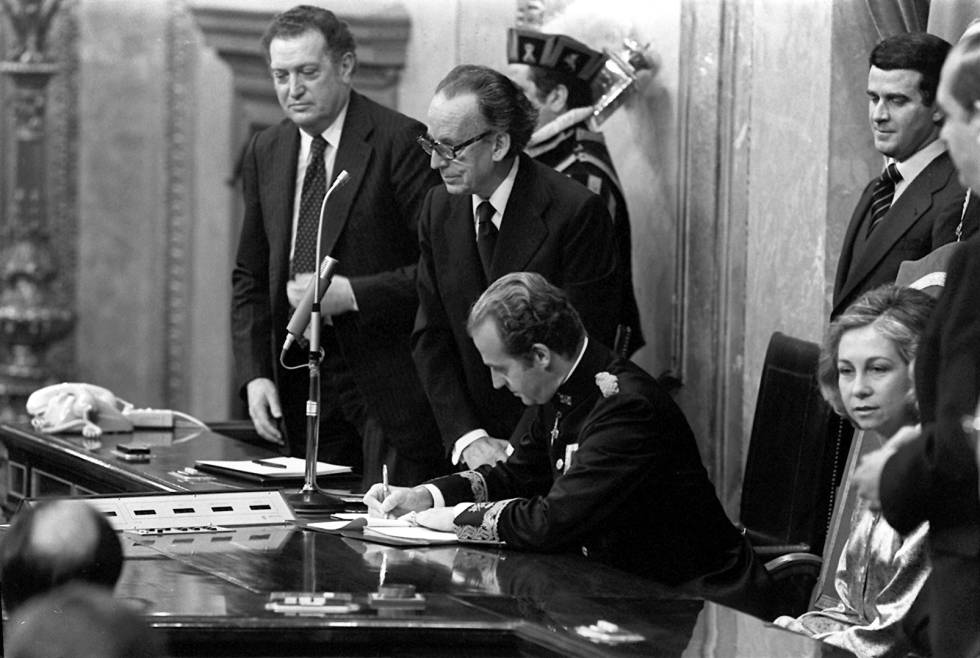 Among all
Among all KYK Scholarship and credit applications have begun
KYK Scholarship and credit applications have begun History in trial
History in trial Use the mirror and propolis against Mantara
Use the mirror and propolis against Mantara Improved the rapid diagnosis of cancer in Metu
Improved the rapid diagnosis of cancer in Metu He survived a brain aneurysm from his leg.
He survived a brain aneurysm from his leg. Spanish filmmakers call for a forum to address the problem of sexual harassment
Spanish filmmakers call for a forum to address the problem of sexual harassment ' The Walking Dead ' 8: Mercy
' The Walking Dead ' 8: Mercy ' Operación Triunfo ' trusts the millennials to seduce the public again
' Operación Triunfo ' trusts the millennials to seduce the public again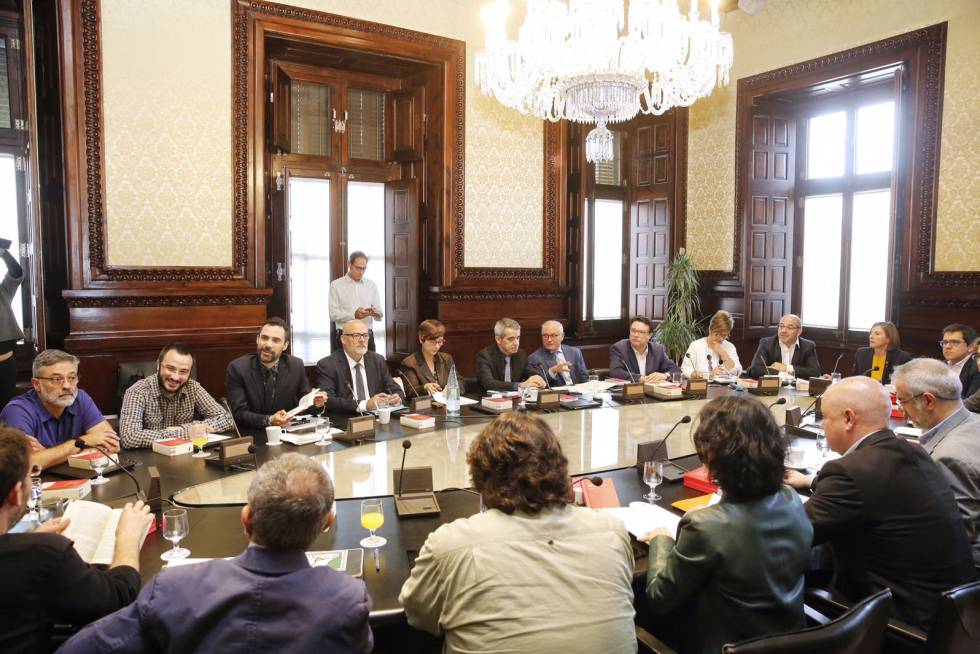 The plenary of Parlament to address the answer to 155 will be on Thursday
The plenary of Parlament to address the answer to 155 will be on Thursday Hacienda to dismantle the new Catalan tax agency
Hacienda to dismantle the new Catalan tax agency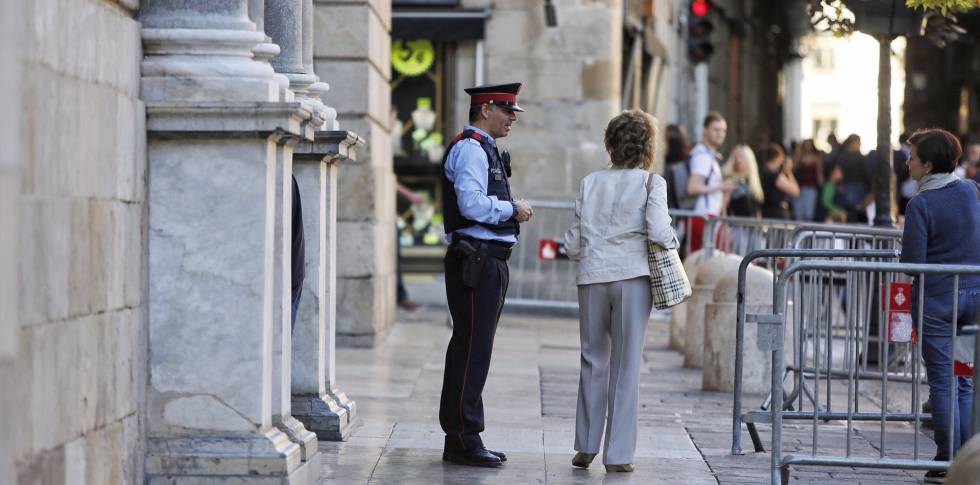 The government will cease the altoscargos that does not abide by the legality
The government will cease the altoscargos that does not abide by the legality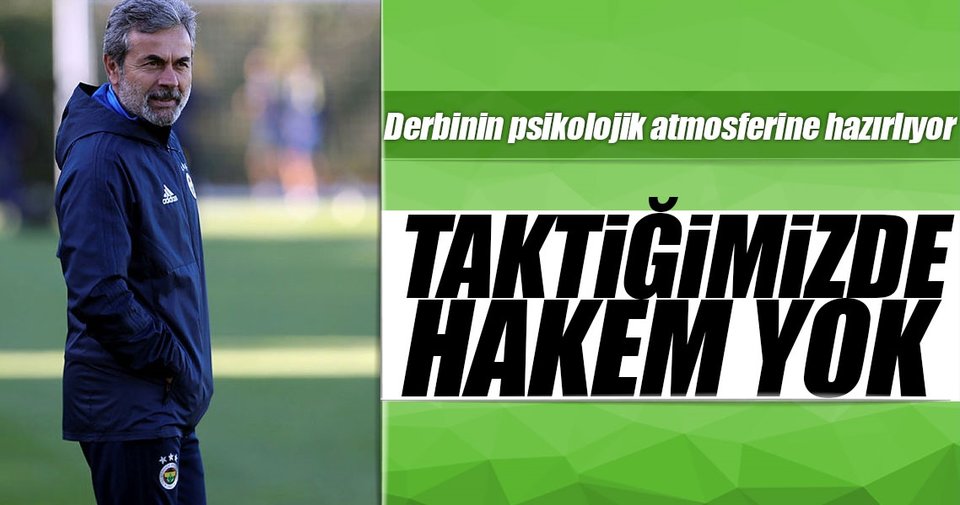 No referee in our tactics
No referee in our tactics 1 Form 3 candidates
1 Form 3 candidates Turkish people on our side
Turkish people on our side Galatasaray's pre-derby silence decision
Galatasaray's pre-derby silence decision Microsoft's new performance monster: Surface Book 2
Microsoft's new performance monster: Surface Book 2 Current location feature came to WhatsApp
Current location feature came to WhatsApp New Volkswagen Polo has been released in Turkey
New Volkswagen Polo has been released in Turkey WhatsApp notification issue and solution on IOS 11
WhatsApp notification issue and solution on IOS 11



